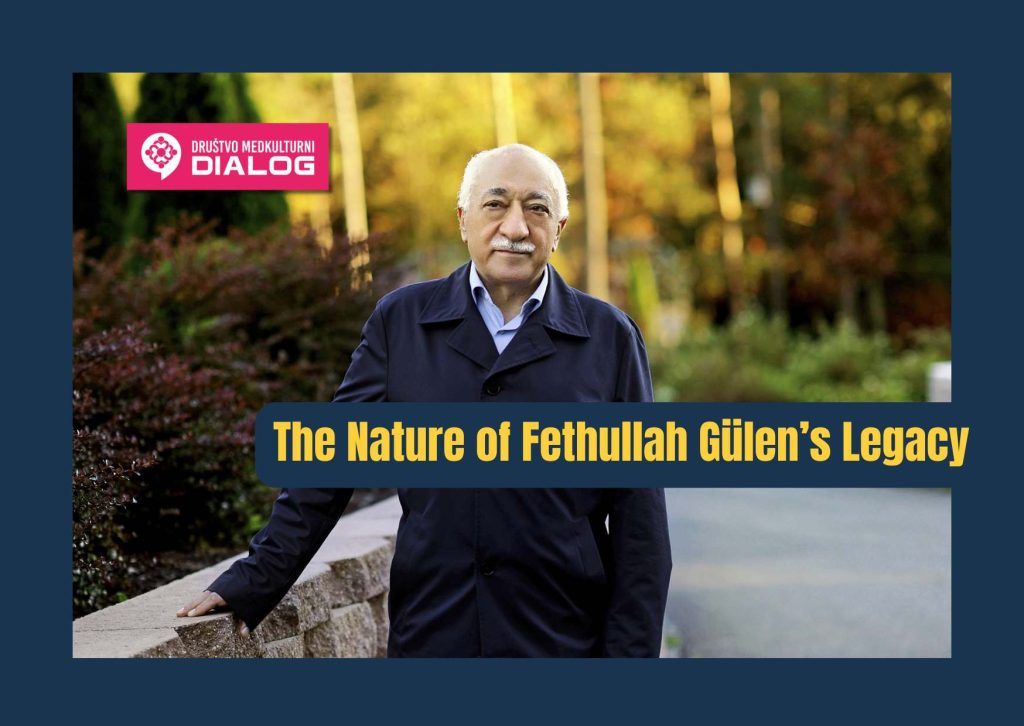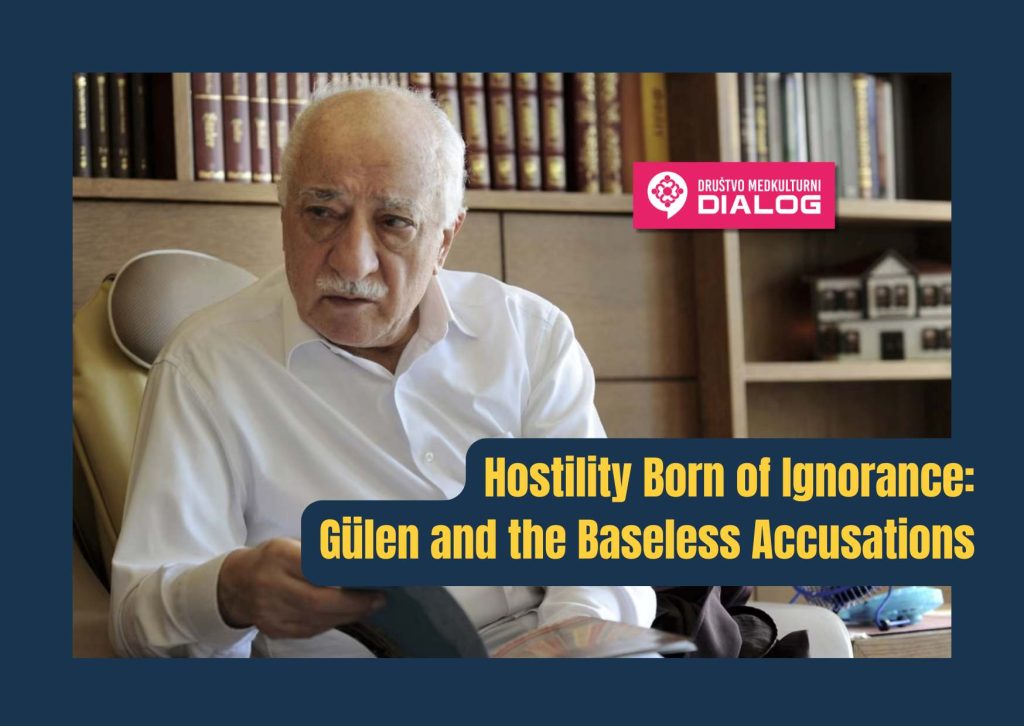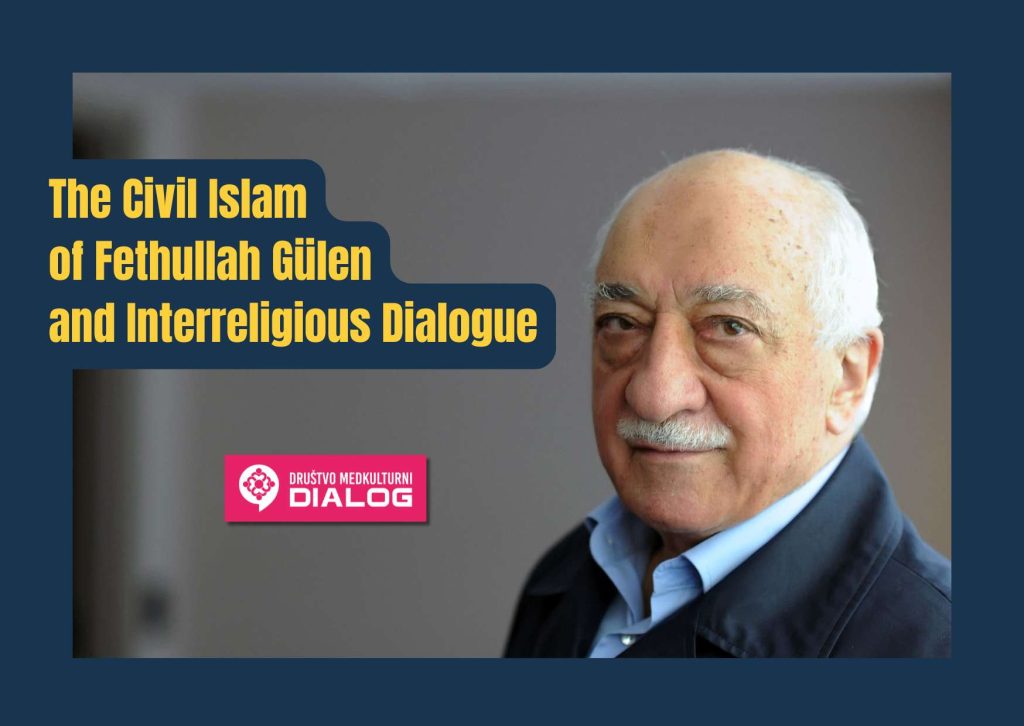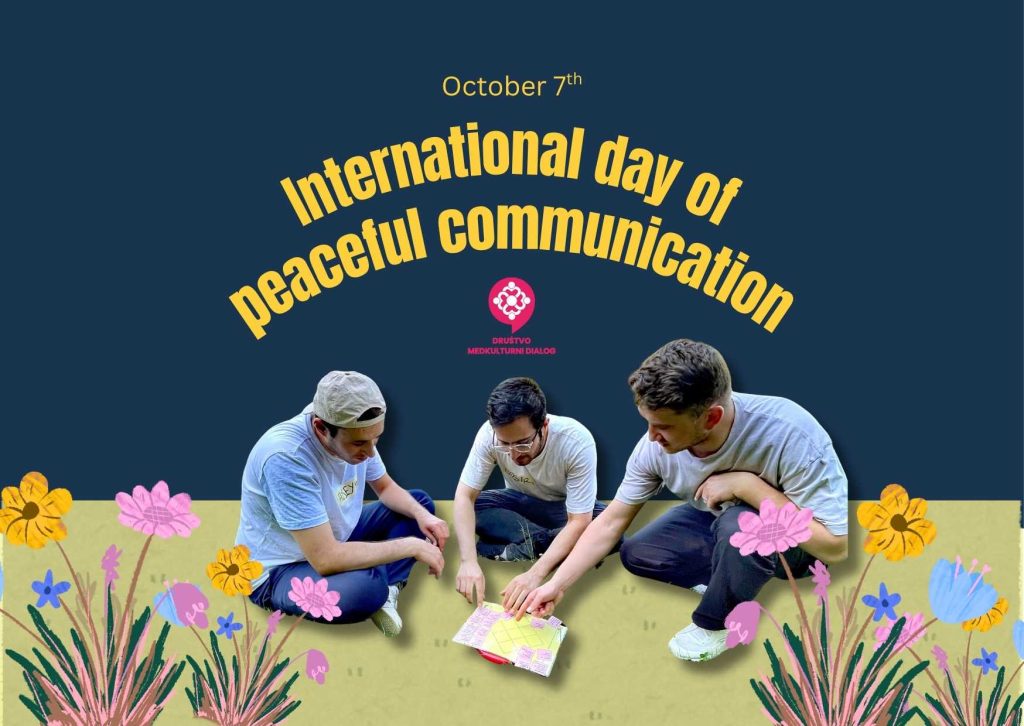Series of articles in honor of F. Gulen: Interview with Ercan Karakoyun: “Hizmet Will Remain Strong After Fethullah Gülen”
Published by MKD | Translation from German
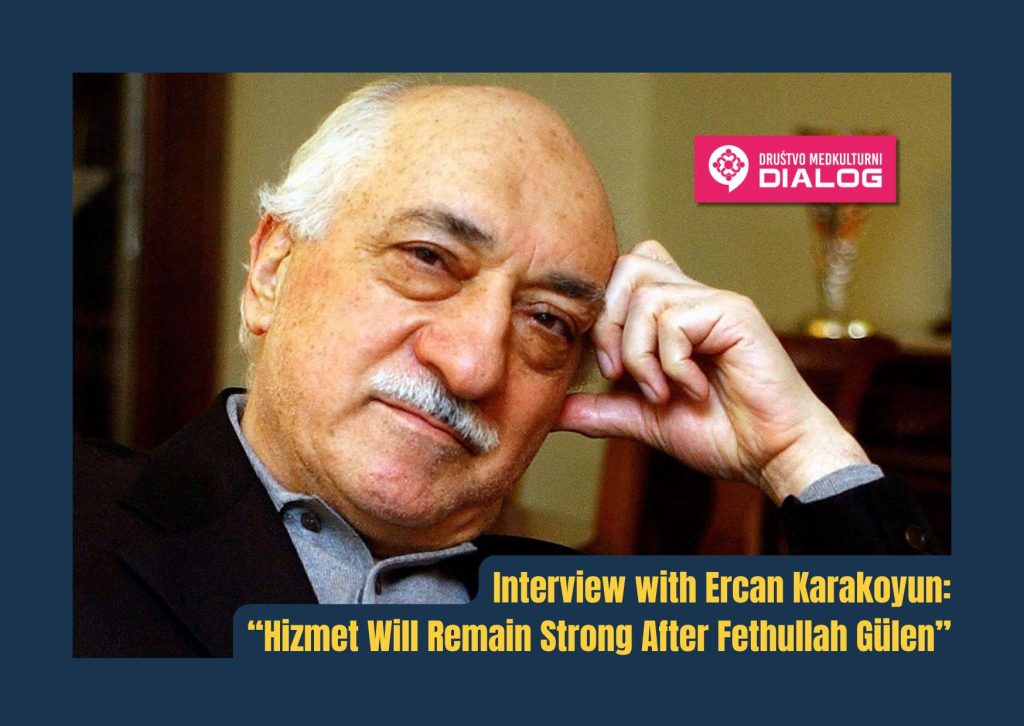
Fethullah Gülen’s death will not destabilize the Hizmet movement, according to Ercan Karakoyun. Rather than appointing a new central leader, the movement continues to rely on decentralized responsibility.
Fethullah Gülen, a defining figure of contemporary Islamic thought, has passed away. He was a scholar, author, and spiritual guide who founded the Hizmet movement, which focuses on education, interfaith dialogue, and social service. Despite these values, his political ties—especially the fallout with the Turkish government—drew significant scrutiny. Ercan Karakoyun, head of the Foundation for Dialogue and Education in Germany, remains a key voice of the Hizmet movement in Europe. In this interview, he discusses Gülen’s legacy, challenges faced by the movement, and its outlook for the future.
Who was Fethullah Gülen, and why was he so significant?
Ercan Karakoyun: Fethullah Gülen was an Islamic scholar, author, and spiritual mentor whose ideas have inspired millions over decades. Originally from Turkey, he lived in exile in the U.S. since the late 1990s. His teachings—often summarized under the term “Hizmet” (Turkish for “service”)—encouraged people around the world to commit to education, interfaith dialogue, and social responsibility. His influence was especially strong in education, media, and interreligious cooperation, where he was seen as a bridge-builder and proponent of an open-minded understanding of Islam.
What are Gülen’s core teachings, and why do they resonate so widely?
How is the Hizmet movement active in Germany?
In Germany, Hizmet participants are engaged in educational and social projects, including schools, tutoring centers, cultural associations, and dialogue initiatives. Their goal is to strengthen mutual understanding between ethnic and religious communities and promote civic engagement. Hizmet sees itself as a bridge between Muslim and non-Muslim communities and works to overcome prejudice by highlighting shared human values.
What about accusations of political involvement and the 2016 coup attempt?
These allegations have been repeated often, but no credible evidence has ever been presented. Even Germany’s former intelligence chief Bruno Kahl questioned the Turkish government’s claims and confirmed a lack of convincing proof. Around the world, people are being persecuted merely for being affiliated with Hizmet. This clearly shows that the aim is not about justice for the coup attempt but rather silencing a movement that promotes a different vision of Islam and society than that of Turkey’s current political leadership.
What caused the rift between Gülen and Erdoğan?
In the early years, many in the Hizmet movement supported Erdoğan’s reforms and democratization efforts. There was hope that Turkey would move toward more freedoms and rule of law. But over time, it became clear that Erdoğan was consolidating power and turning away from democracy. Hizmet remained committed to dialogue and democratic values, which clashed with the government’s increasing authoritarianism. This divergence led to the eventual break. The failed coup attempt in 2016 then became a pretext for widespread crackdowns on Hizmet and other dissidents—something that continues today.
Critics in Germany also accuse Hizmet of being secretive or cult-like. What is your response?
Such criticisms often stem from misunderstanding. Hizmet is not a centralized organization with rigid hierarchies; it is a decentralized civil movement. Participation is voluntary and independent. There’s no doctrinal testing or rigid control. Institutions like schools and dialogue centers operate transparently and within civil society. They are open to the public and work to build trust, not suspicion. The comparison to cult-like groups does not hold up to scrutiny.
What happens to Hizmet after Gülen’s death? Can the movement survive?
Hizmet’s future lies in the hands of its participants—those who continue to uphold values of peace, justice, education, and dialogue. Gülen’s legacy lives through their actions. Hizmet is more than one person; it’s a global community dedicated to service and universal values. The movement will remain strong and engaged.
Will Ekrem Dumanlı take over leadership of the movement?
No. Hizmet has never operated under a single leader model. It relies on collective decision-making and decentralized leadership. Ekrem Dumanlı is respected for his past role in media, but there will be no “successor” to Gülen. Leadership will remain distributed among trusted individuals and institutions aligned with Hizmet’s core values.
Was it a mistake for Hizmet to be involved in state institutions in Turkey?
Yes, this is one of the criticisms we take seriously. The movement’s involvement in state institutions was increasingly perceived as a quest for power, and this has hurt Hizmet, especially in Turkey. That’s why we’ve worked hard to revisit our values and emphasize principles such as human rights, the rule of law, gender equality, and a clear separation between religion and state. Our goal is to rebuild trust through transparency and a renewed focus on civil society and education.
Why is Hizmet so unpopular in Turkey today? Is reconciliation possible?
A climate of intense anti-Hizmet propaganda dominates Turkey, even in independent media, due to fear of state repression. The arrest of a newspaper editor simply for offering condolences after Gülen’s death illustrates the hostile environment. Despite this, we believe millions in Turkey still sympathize with Hizmet but are afraid to speak out. Reconciliation can only happen when freedom of expression, judicial independence, and democracy are restored. Only then can Hizmet openly present its values and rebuild its image through transparency.
About the Speaker
Ercan Karakoyun is the Chair of the Foundation for Dialogue and Education in Germany. He is actively involved in intercultural dialogue and co-founded the “House of One” in Berlin, a project uniting Jewish, Christian, and Muslim communities in a shared space for worship and education.
This is one of several posts in the series of articles commemorating the upcoming anniversary of F. Gulen’s departure from this world in November 20th 2024. Follow our page for more interviews, articles and videos speaking about the passed away leader of the Hizmet movement. You are welcome to browse through other related articles HERE.


